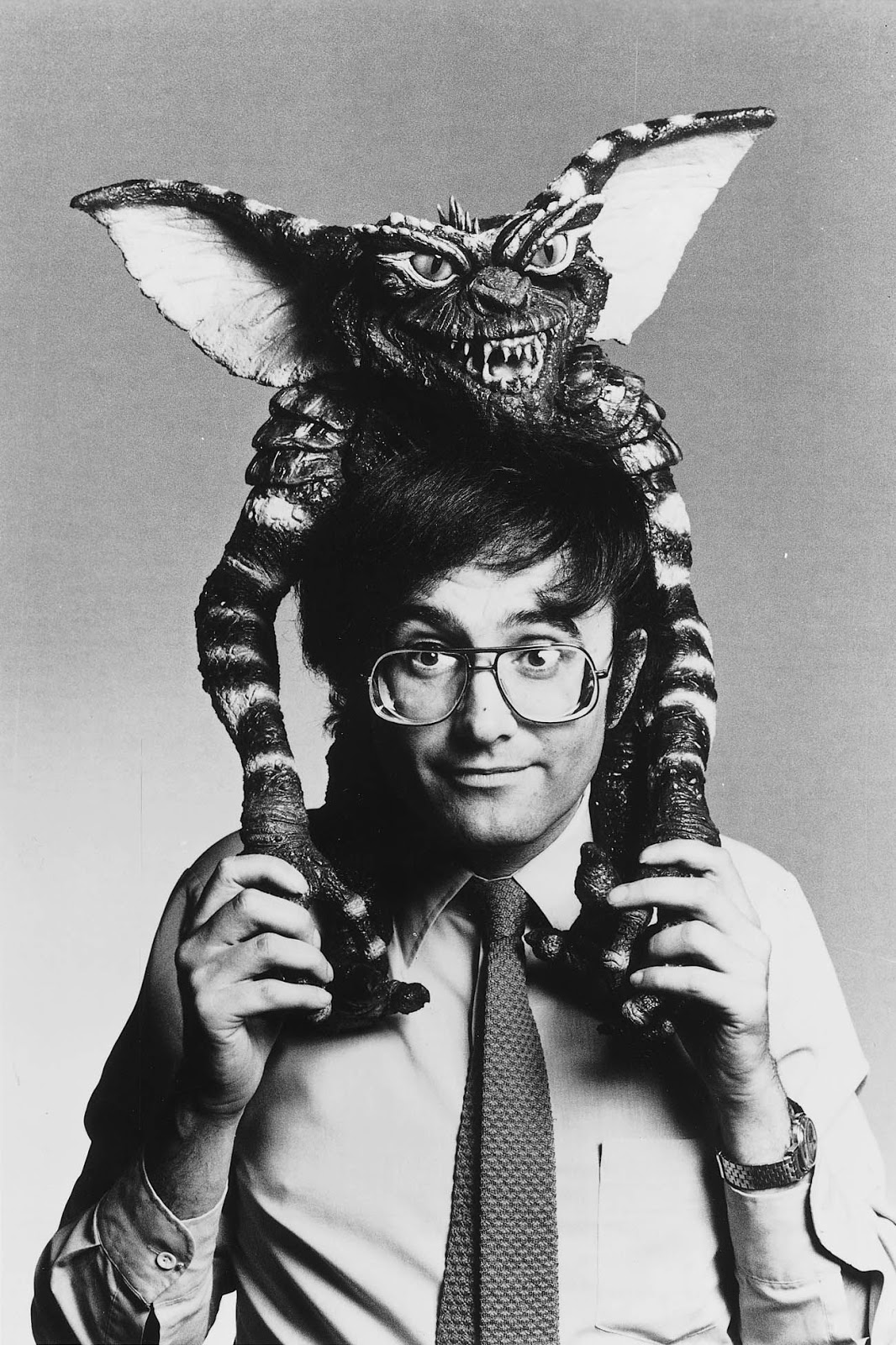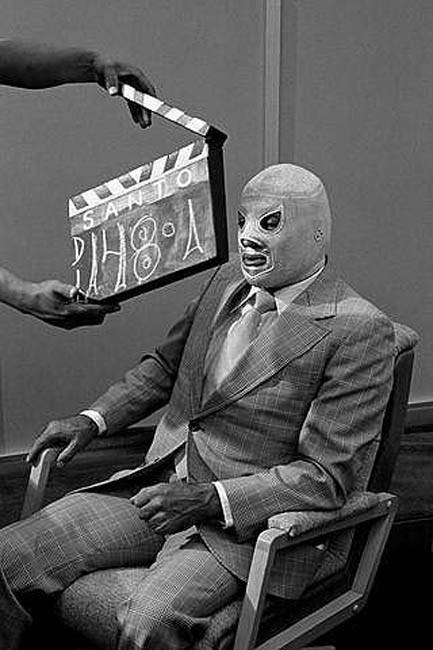Movie Review: RAMBO: LAST BLOOD aka Jason takes Mexico.
Probably the best thing about RAMBO: LAST BLOOD, is that ironic opening to the scathing review by artist Stephen Bissette:
''In the surprisingly progressive, confrontational RAMBO: LAST BLOOD (2019), ICE agents show up at the Arizona ranch of leave-me-the-fuck-alone vet John Rambo (Sylvester Stallone) to seize and deport his beloved live-in Mexican immigrant friend (Adriana Barraza) and her granddaughter (Yvette Monreal), prompting Rambo to gear up and storm a succession of covert ICE 'detention' facilities. In a frenzy of violence, freeing children imprisoned in horrific conditions and braving enormous odds in a futile attempt to reunite families, Rambo does his utmost to protect and defend the innocent; under executive order from the White House, heartless mercenaries storm Rambo's booby-trapped property, prompting all-out war in a last-ditch attempt to deliver justice to head villain Stephen Miller —'' ©2019 Stephen R. Bissette
If only Stallone had possessed the cajones for such a gutsy approach to the character. But no. We are ''treated'' instead to an unsurprising descent into nihilistic, grotesque reactionary violence directed at Latino bad hombres, wielding proudly the vile scarecrow usually brandished by the bloated Kumquat inhabiting the White House.
In LAST BLOOD, John Rambo has to try to save the granddaughter of his friend with whom he shares his ranch, a woman of Mexican descent, from a group of evil sex-slavers based in Mexico (shown to be a veritable cesspool of crime and drugs). His first attempt, poorly thought of, results in him getting beaten to a pulp, along with a promise that the girl he was looking for is going to suffer for that intrusion. The situation escalates badly, due to his ineptitude, and a final confrontation between the well-armed Mexican Cartel and our aging idiot inside his booby trapped compound, explodes in a gory orgasm of right-wing fury, ''the likes the world has never seen'', to paraphrase the Kumquat.
I originally saw FIRST BLOOD (Ted Kotcheff, 1982) way back when it came out, in a theater in Africa, and I remember my friend and I coming out of the theater not talking about the action, but rather about the unfortunate fate of Vietnam veterans. In this first installment of the film based on the novel of the same name by David Morrell (published in 1972), Rambo wasn't the muscle-bound caricature he became in the 1985 and 1988 sequels, claiming a form of victory to the unwinnable wars in Vietnam and Afghanistan for the good old U.S. of A. In FIRST BLOOD, he was a sad sack loner, pushed to the brink by the persecution of a heartless sheriff (Brian Dennehy) who wants him out of his small quiet town. But even then, he wasn't a killer (Except for a deputy falling from an helicopter struck by a rock thrown by Rambo) but instead a survivor facing incredible odds. In the original novel, Rambo is shot in the head by his old commanding officer, in a form of mercy killing. Maybe the hellish sequels, where the body count kept increasing, are the confabulations of his soul as he lays dying from the head wound.
 |
| The first edition of the novel that inspired the Rambo series. Author David Morrell has stated about the most recent installment that he was ''embarrassed'' to be associated with the film. |
I haven't re-explored the first two sequels since I first saw them in the eighties. Seeing them once was quite enough. Although I would be curious to watch the second one again, to see just how much of co-writer James Cameron's style I could detect (Then again, I just watched the trailer again, and I may just pass). Yet I still was curious to watch the return of the character in 2008, in the Stallone directed RAMBO, and it somehow was enjoyable, in a freakishly violent way, as John makes his way through war-torn Burma, decimating the locals in a perpetual gore-fest. The ending seemed to promise a permanent conclusion to the Rambo saga, as our lone warrior slowly ambled his way towards his home, at peace at last.
But that would be forgetting the fact that not far from there, just across the border, Mexicans are ''bringing drugs. They're bringing crime. They're rapists. And some, I assume, are good people.". Of course this right-wing idol had to take matters into his own grubby little hands.
 |
| Stallone and an unidentified kumquat in 2018, as boxer Jack Johnson gets a posthumous pardon. |
That the story (By Matthew Cirulnik and Stallone) is poorly written and jingoistic isn't surprising. That the direction (by ''Get The Gringo'' Adrian Gunberg) is lazy and uninspired isn't unexpected either. But what is striking, and not in a good way, is the rage portrayed in the film. A murderous rage that leads to unnecessary overkill that would be more the modus operandi of a serial killer like Jason or Henry Lucas. Hell, he sets up deadly traps all around his domain, like an aging blood-thirsty Kevin McCallister, but still stays around for each kill, so he can shoot the now deceased foes. Why even make the traps in the first place, I wonder...sigh.
There has been a lot of noise these days about the bad example set out by Joaquin Phoenix' interpretation of the Joker in the upcoming movie about the infamous comic book villain. How the could become a flawed hero for frustrated incels out there, spawning potential copycats. I hear no one saying how Stallone's butcher, who is portrayed as the hero of the piece, could inspire the wanton massacre of Latinos.
Maybe I am missing the point, and Stallone has fit in the film a wildly subversive message, where the ineffective ferocity of our warrior, leading to death and destruction all around him, demonstrates the aberrant pointlessness of violence. Rambo, sitting on his porch, bleeding profusely, is as much a victim of his destructive rage as whatever his uncontrolled fury touches...
Naaah...





Comments
Post a Comment